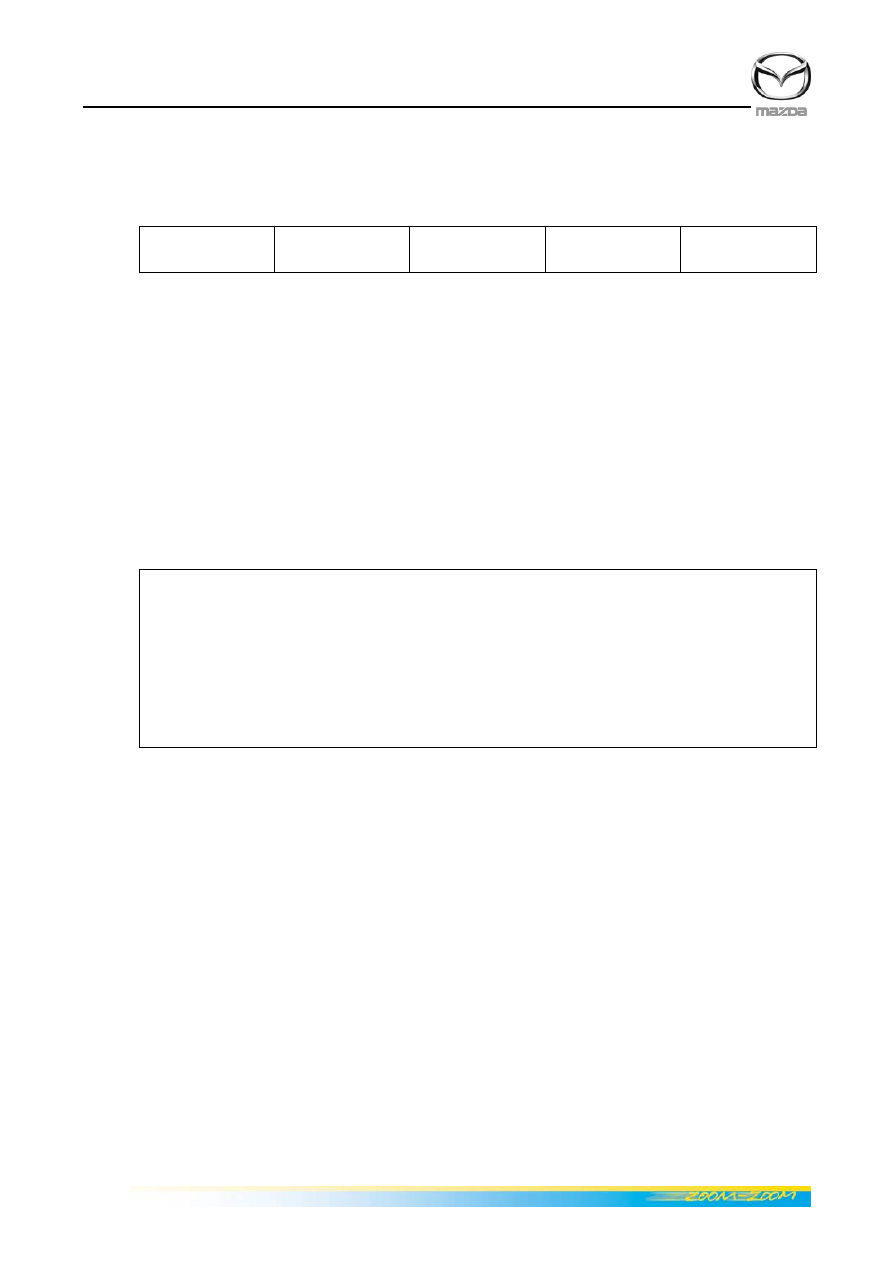Mazda Training manual - part 156

Dealing with Complaints
Curriculum Training
31
3.6 Resolving
Complaints
APOLOGISE
►
EMPATHISE
►
REASSURE
APOLOGISE
• The first thing you must do is to apologise for the failure identified by the customer.
• Listen carefully to what they have to say and apologise for the failure.
• Resist the temptation to apologise for something other than that identified by the
customer, even if you think the customer has got it wrong.
• This is not the right time to correct them.
• Make sure the customer sees that you are taking their complaint seriously – give them
your full attention and apologise in the right tone and with positive body language.
• The effect of an apology is to diffuse the situation and show that we will do everything
we can to resolve the problem.
Your Notes